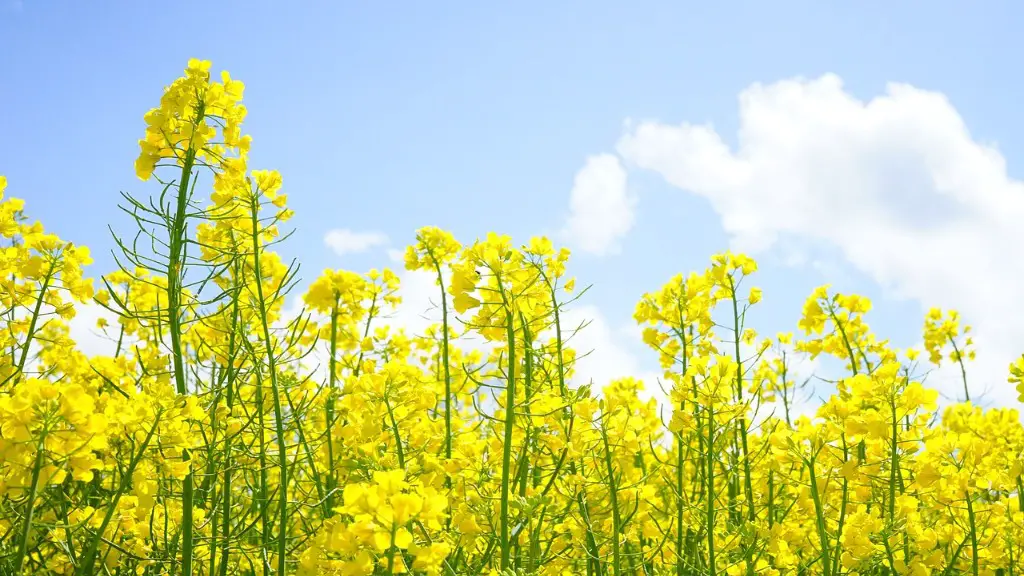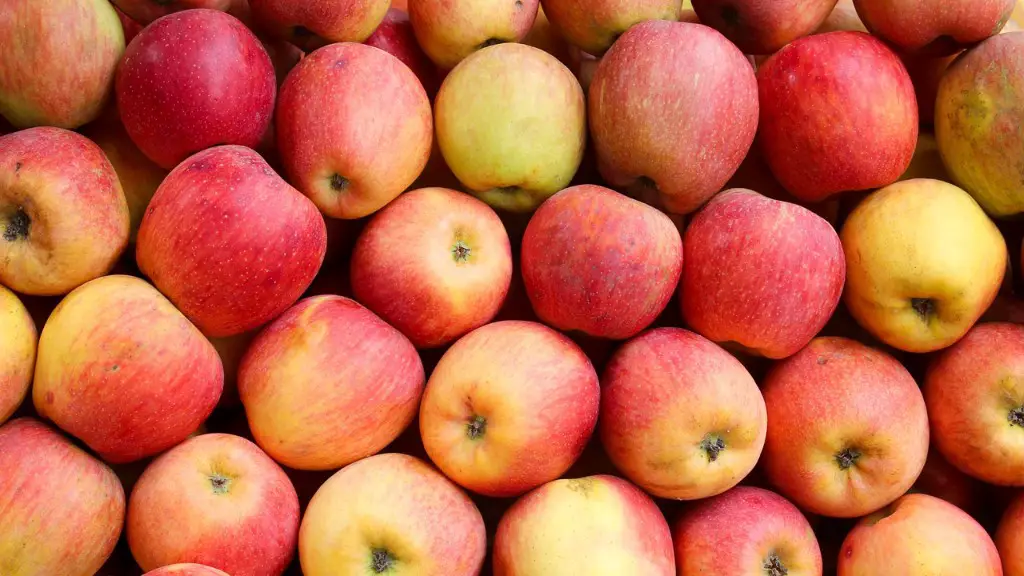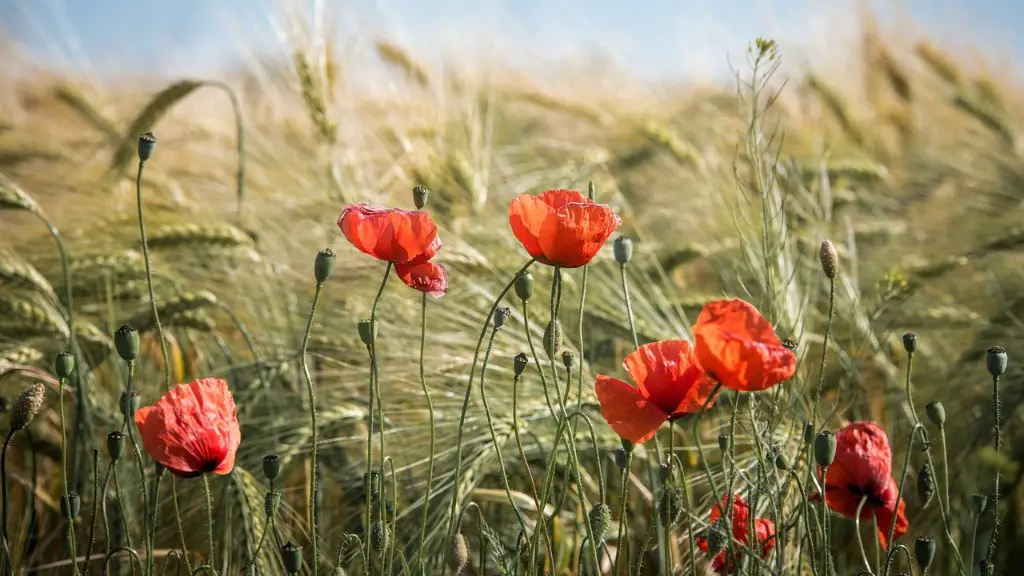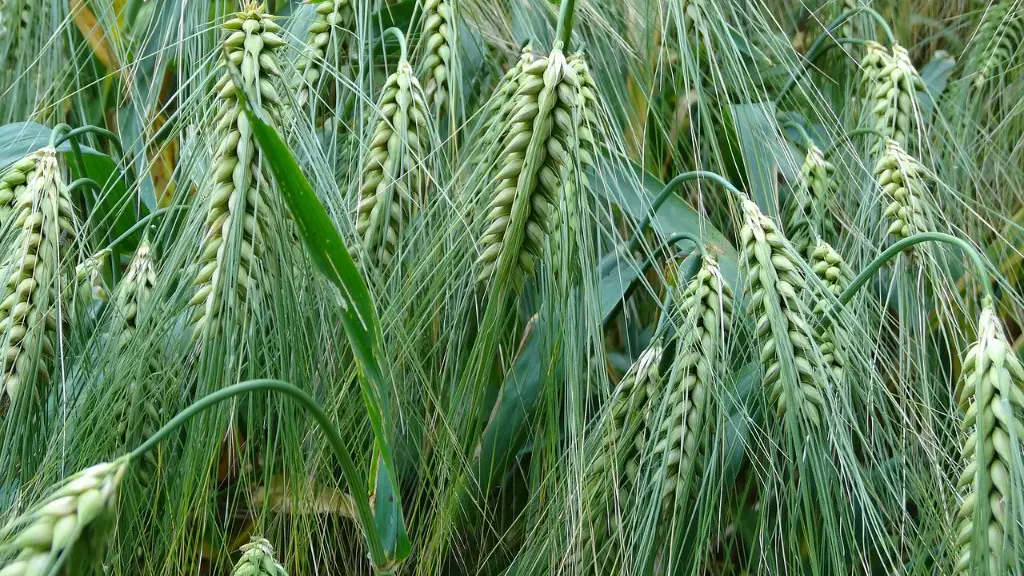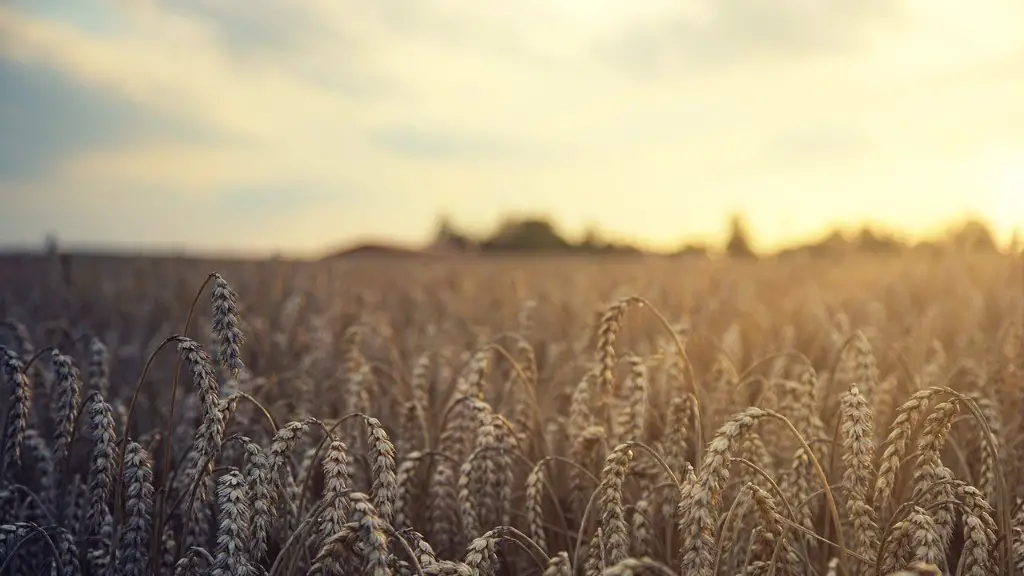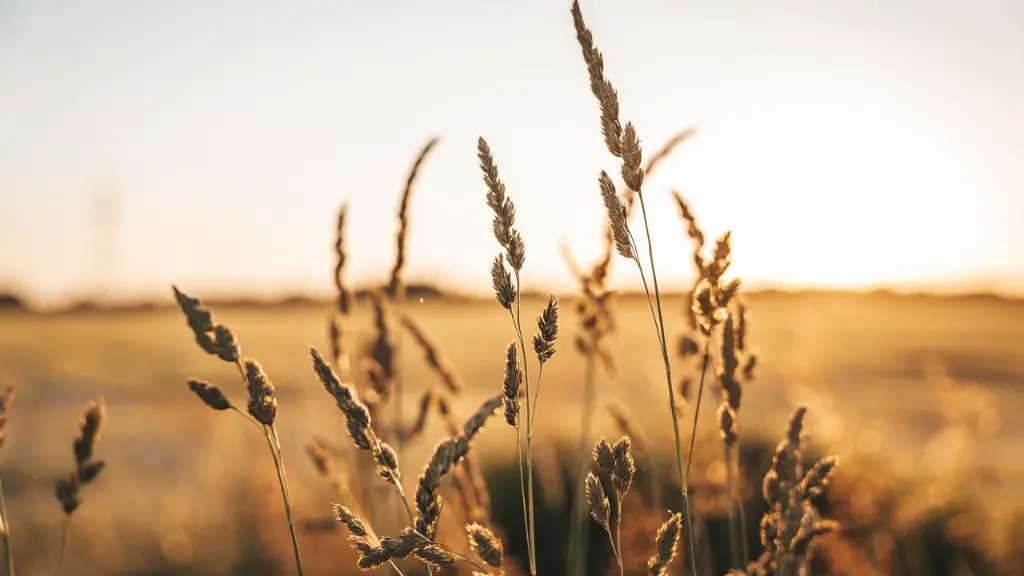Organic agriculture is a system of farming that minimizes the use of synthetic inputs, such as chemical fertilizers and pesticides, and instead relies on practices that are more environmentally sustainable. These practices include crop rotation, using compost and manure to improve soil fertility, and using natural predators to control pests.
Organic agriculture has a number of benefits over conventional farming. The most obvious benefit is that it is better for the environment, as it uses fewer synthetic inputs that can pollute waterways and damage ecosystems. Organic farming also tends to be more efficient in its use of resources, as it relies on natural processes to improve soil fertility and control pests, rather than relying on artificial inputs. This can lead to increased profitability for farmers, as they can save on inputs costs. Finally, organic products often fetch a higher price at market, due to consumer demand for more environmentally friendly and sustainable products.
Organic agriculture is beneficial because it produces food that is healthier for consumers and uses production practices that are better for the environment. Organic farmers do not use synthetic pesticides or fertilizers, which can contain harmful chemicals. Instead, they rely on natural methods to manage pests and promote plant growth. This reduced reliance on harmful chemicals is better for the environment and for the farmers themselves, who are not exposed to as many health risks.
What are 5 pros of organic farming?
Organic farming is a type of agriculture that focuses on producing food using environmentally friendly and sustainable methods. Organic farmers use natural methods to fertilize and control pests, and they avoid using synthetic chemicals.
Organic farming has many benefits for the environment. It helps to promote sustainable development, as it is a more environmentally friendly way of producing food. Organic farming also produces healthier and tastier food, as there are no synthetic chemicals used in the production process. Additionally, organic farming is an inexpensive process, as it uses organic inputs instead of synthetic chemicals.
Organic farming also generates income through exports, as organic food is in high demand in many countries. Additionally, organic farming is a source of employment for many people, as it is a labor-intensive process.
Organic food has many benefits over non-organic food. Organic produce has fewer pesticides, which can be harmful to your health. Organic food is often fresher because it doesn’t contain preservatives that make it last longer. Organic farming tends to be better for the environment, as it doesn’t use harmful chemicals. Organically raised animals are not given antibiotics, growth hormones, or fed animal byproducts, which can be unhealthy.
Why is organic agriculture good for the economy
Organic farming is a type of agriculture that relies on natural processes, rather than the use of synthetic inputs, such as pesticides and fertilizers. Additionally, organic farming is less dependent on fossil fuels, expensive inputs, and annual loans, making it less vulnerable to financial market fluctuations. Organic is a low-waste system that emphasizes quality over quantity, meaning it uses less land for the same profit.
Organic farming is a type of agriculture that focuses on producing food without the use of synthetic pesticides, herbicides, or fertilizers. This method of farming is beneficial to the environment because it reduces pollution, soil erosion, and energy consumption. Additionally, organic farming does not use pesticides, which can be harmful to nearby birds and animals, as well as to people who live close to farms.
What are 6 reasons to buy organic?
Organic foods are grown without the use of synthetic pesticides, herbicides, or fertilizers. They also do not contain genetically modified organisms (GMOs). Organic foods have been shown to have more nutrients than their non-organic counterparts. They also tend to taste better.
Organic farming practices help to preserve our ecosystems by reducing pollution and protecting water and soil. They also help to preserve agricultural diversity.
Choosing organic foods is a great way to avoid chemicals, hormones, antibiotics, and drugs in your food. It is also a way to support sustainable farming practices.
Organic farming systems have many advantages over conventional farming systems. They are more resilient to drought, earn greater profits for farmers, and leach no toxic chemicals into waterways. They also use less energy, making them more sustainable in the long run.
How is organic farming better for humans?
The main advantage of organic food production is the restricted use of synthetic pesticides. This leads to low residue levels in foods and thus lower pesticide exposure for consumers. It also reduces the occupational exposure of farm workers to pesticides and drift exposures of rural populations.
Organic production helps reduce public health risks, and new evidence is emerging that organically grown food is actually more nutritious than conventionally grown food. For example, recent studies have shown that organically grown fruits and vegetables have higher levels of Vitamin C, iron, magnesium, and phosphorus, and are less likely to be contaminated with nitrates and pesticide residues. So if you’re looking for the healthiest option, choose organic!
Why is organic farming better than conventional farming
Organic farming practices are designed to reduce pollution and conserve water and soil. They do not release synthetic pesticides, which can harm wildlife, and they also seek to preserve biodiversity and local ecosystems. These practices help to protect our environment and ensure that our food supply is safe and healthy.
Organic food is grown without the use of synthetic pesticides and fertilizers, growth hormones, or antibiotics. Organic food has more nutrients and is less likely to contain harmful chemicals. It is also more heart-healthy and environmentally sustainable.
Is organic farming really better?
Organic food is grown without the use of chemical pesticides, and has a number of benefits. Organic systems have been shown to produce 40% higher yields in times of drought, use 45% less energy, and release 40% fewer carbon emissions than conventional farming methods. Organic food is also generally healthier, as it is not contaminated with chemicals. Buying organic food is a great way to support sustainable, environmentally friendly farming practices.
Organic foods are grown without the use of synthetic pesticides and fertilizers, and are not processed with food additives or irradiation. Because of these production practices, organic foods are often perceived by consumers as being more natural, nutritious, and environmentally friendly than non-organic or conventional foods.
A number of studies have investigated consumer attitudes and behavior towards organic foods, and these have contributed significantly to the development of the organic food market. Consumer demand for organic food is driven by a desire for food that is perceived to be healthier and more natural, and by concerns about the environmental impact of conventional agriculture.
Organic foods are typically more expensive than their non-organic counterparts, but price is not the only barrier to purchase. Some consumers are also concerned about the quality of organic food, and whether it lives up to the hype.
Despite these challenges, the organic food market is growing rapidly, driven by consumer demand for healthier and more sustainable food options.
Why we need an organic future
Organic is a vision for working and living in harmony with nature. The result is healthy soil, which grows healthy plants, which make for healthy people. By abstaining from synthetic inputs and encouraging natural systems, organic farmers help create a better future for people, animals, and the environment.
Organic food is produced without the use of harmful chemicals, GMOs or other potentially harmful ingredients. This ensures that the food we consume is safe and healthy. Additionally, organic food is often more nutritious and better for the environment.
What is unique about organic farming?
Organically grown food is food that is grown and processed using no synthetic fertilizers or pesticides. Pesticides derived from natural sources (such as biological pesticides) may be used in producing organically grown food. Organically grown food may be more expensive than food produced with synthetic fertilizers and pesticides, but many people believe that it is healthier and better for the environment.
Eating organic reduces the amount of chemicals in your diet. The use of insecticides, fungicides, fertilizers, and weedkillers are strictly monitored in organic food production. Organic farming produces healthy food without the use of toxic pesticides.
Warp Up
Organic agriculture is a great way to produce food while having a positive impact on the environment. Unlike conventional farming, organic farmers do not use synthetic pesticides or fertilizers. This means that they are not polluting the air, water, and soil with harmful chemicals. Additionally, organic farmers often use sustainable farming practices, such as crop rotation and cover crops, which help to improve the soil health and minimize the need for synthetic inputs.
Organic agriculture is not only good for the environment, but it is also good for the health of the consumer. Organic foods are free of harmful pesticides and chemicals, and they are also grown in a way that preserves the environment.
